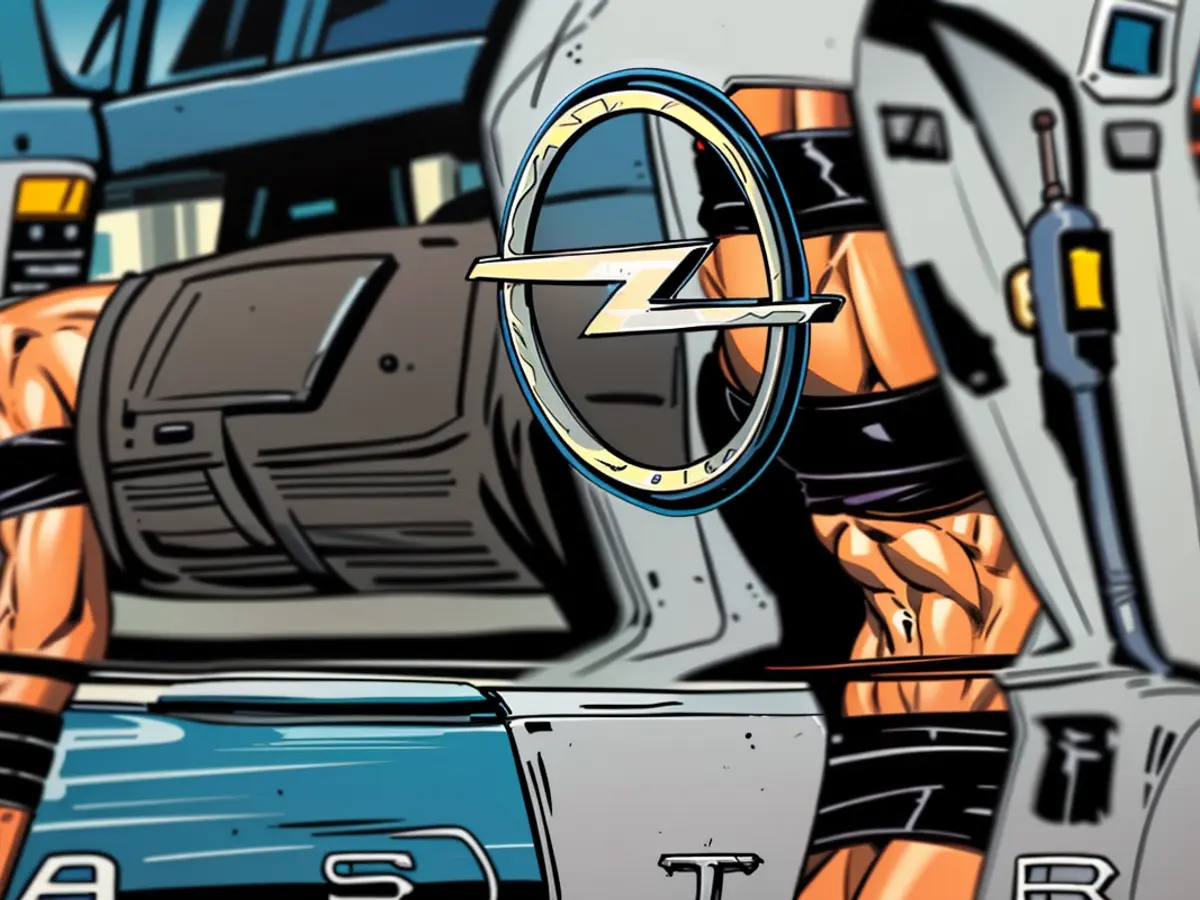Debate on imposing punitive taxes - Scholz cautions against isolating European markets.
Federal Chancellor Olaf Scholz cautions against insulating European markets from foreign rivals. "We don't shut our markets to foreign firms since we wouldn't want that for our companies either," said the SPD politician during the celebration for "125 years of automobile manufacturing at Opel" at Opel's factory in Rüsselsheim.
Protectionism and unauthorized tariffs would eventually make everything costlier and poorer for all. Scholz emphasized, "I'm convinced: We'll remain leaders in our automotive industry in this century as long as we focus on advancement and revitalization." However, this can only be achieved "with a fair and open global trade."
Last May, the United States imposed 100% tariffs on electric car imports and other Chinese products. The United States charges that Beijing manipulates competition with massive state subsidies. The EU is also examining Chinese influence on the electric car market. The Europeans have not yet decided if they'll impose retaliatory tariffs.
Opel commits to electric mobility
Opel intends to enforce its commitment to electric mobility more vigorously, as Opel CEO Florian Hüttl announced at the celebration: "Every new Opel model will be fully electric from 2025." In late April, Hüttl at the presentation of a new electric model in Eisenach confirmed the manufacturer's goal of selling only electric cars in Europe by 2028: "We're sticking to our strategy, even considering the speed. We can only adjust it to a certain extent based on government policies." The expiration of the German electric car subsidy in December caused a stir in the electric car market.
Scholz requested the Opel employees to compete fairly within a competitive environment, including against new Chinese competitors. A day before the European election, the Chancellor pledged his commitment to a climate-friendly transformation of the economy - including in the transportation sector: "We support the growth of electromobility. Anyone who tries to reverse this now endangers not only what has been achieved so far, but also our prosperity and our future as an industrial country."
Opel's auto history began in 1899: precisely 125 years ago, the sewing machine and bicycle manufacturer constructed its first automobile with the "Patentmotorwagen System Lutzmann." Before that, Opel had acquired the Anhalt Motor Car Factory of pioneering carmaker Friedrich Lutzmann in Dessau and moved it to Rüsselsheim near Frankfurt/Main.
After nearly 90 years as part of the American conglomerate General Motors, Opel was acquired by the French parent company PSA in the summer of 2017, which merged with Fiat-Chrysler to become Stellantis. As the sole German brand in the European-American conglomerate, Opel has produced profits for several years - after cutting thousands of jobs and restructuring its facilities. Opel operates factories in Rüsselsheim, Eisenach, and Kaiserslautern.
Read also:
- Federal Chancellor Olaf Scholz, an SPD politician, advocated against isolating European markets during the celebration for "125 years of automobile manufacturing at Opel" in Rüsselsheim, Germany.
- Scholz expressed concerns about protectionism and unauthorized tariffs, stating that they would increase costs and negatively impact everyone.
- In May 2021, the USA applied 100% tariffs on electric car imports and other Chinese products, claiming Beijing manipulates competition with substantial state subsidies.
- The EU is also examining Chinese influence on the electric car market but has not decided on imposing retaliatory tariffs.
- Opel, a German automobile manufacturer with a rich history dating back to 1899, has committed to electric mobility, with every new model to be fully electric from 2025.
- Opel CE0 Florian Hüttl reiterated their goal of selling only electric cars in Europe by 2028, despite the impact of government policies and the expiration of German electric car subsidies.
- Opel's automotive history began in Rüsselsheim, Germany, where a sewing machine and bicycle manufacturer constructed its first automobile in 1899, subsequently acquiring an Anhalt Motor Car Factory in Dessau.
- Opel, now part of the French-Italian conglomerate Stellantis, has shown profitability since being acquired in 2017 and has operations in Rüsselsheim, Eisenach, and Kaiserslautern.
- As the debate on imposing punitive taxes continues, Chancellor Scholz emphasizes the need to compete fairly in a competitive market, support electromobility, and maintain a strong stance in world trade with nations like China and the USA.








